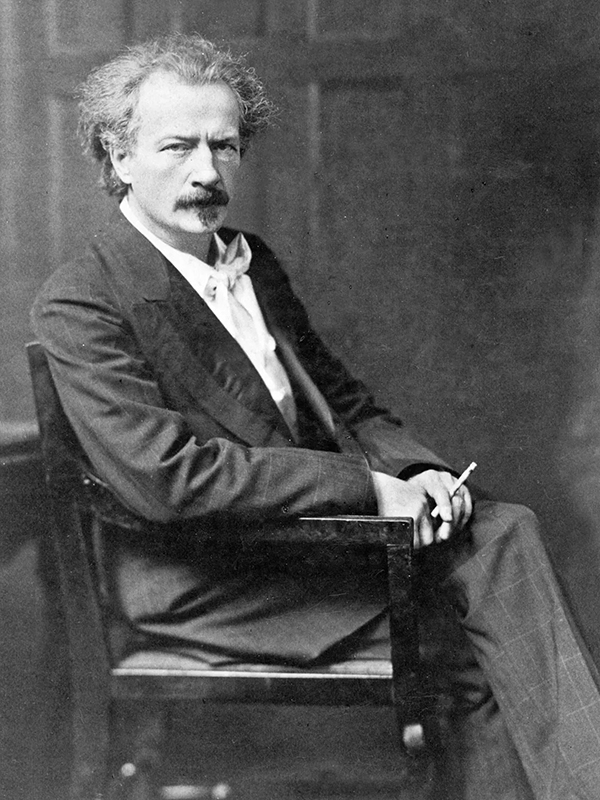Continuing the journey on the life and times of Paderewski, from where we left of in the previous issue. This small gesture on his part gives us a glimpse of one of the many virtues of this great soul.
Once during one of his concerts, it so happened that a small boy sitting in the auditorium, climbed onto the stage and began playing ‘Chopsticks’ and "Twinkle, Twinkle, Little Star" on the piano. This upset the audience and they wanted the child to be taken away from stage, as they had come for Paderewski’s performance. When Paderewski realized what was going on, he went to the piano and began playing along with the boy, whispering to him, "Keep going. Don't quit, son".
This goes to show how humble and low profile Paderewski was.
Paderewski once recalled, "I had set certain norms for the audience attending my concerts that there should be complete silence and none should be talking when I play. In case someone would talk, I would stop playing & would say, “I am sorry to interrupt your conversation. I deeply regret to disturb you. So I am going to stop for a while to allow you to continue talking! You can imagine the effect it had..."
Trainloads of people would come in from nearby towns to hear him play piano. Once when a train from Montana was delayed by a snowstorm, he waited till the arrival of his fans before beginning his concert. His fans would do likewise, whenever he was delayed. When they could not get enough of his playing, they would refuse to go home even hours past the end of his program. He gladly continued to play till his fans were satisfied.

Life struggles made Paderewski tougher:
Paderewski`s personal life was difficult and marked by much suffering. He grew up without a mother; his father was arrested because of his involvement in the January Uprising; his first wife died at 20 and left him with an incurably ill son Alfred Paderewski. He also faced rejections and harsh criticism from the critics during his early career as virtuoso and composer. It seems, all these sufferings played a crucial role in developing his extraordinary personality and sensitivity.
Qualities as a human being:
His statesmanship, his devotion to the cause of world peace, and above all, his untiring and constant labor for the liberty and security of his beloved homeland, Poland, have given him a rare place, not only in the hearts of his countrymen, but to all intellectual people in the world. This world will long remember and honor him for these attainments.
In his life, he went through almost every variety of human experience; from the glamorous excitement of the greatest possible personal triumph on the concert platform, to the most severe depths of personal and private sorrow. He faced them all with dignity and nobility; the successes could not turn him from the simplicity and purpose of his life, nor could the sorrows destroy his faith and his love for mankind.
If ever there lived a man who had that faith in abundance, it was Paderewski. Every move in his life personally, socially and economically was for the benefit and improvement of his fellow men.
Yes, here was a personality that was not one in a million, but perhaps one in a century.
“An artist of such a distinctly pronounced individuality as to be an exceedingly rare occurrence, indeed phenomenal." Paderewski was a genius, an intellectual, a "statesman par excellence;" a beautiful orator in a language that was not his; a linguist who spoke no less than seven languages fluently; a great musician; a patriot; and most of all, a humanitarian who was so generous that every act of kindness was always returned manifold to him.